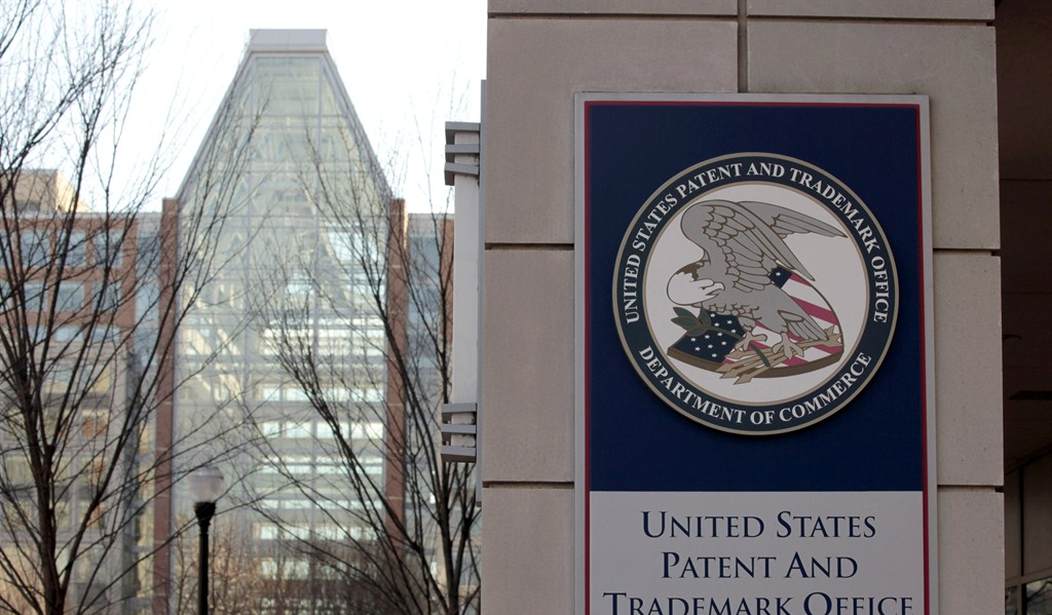Right now, our nation is experiencing a time of deep crisis. It is very important for the federal government to preserve the motivation for American entrepreneurs to create the best new treatment for the coronavirus. One way to do so is for the federal government to protect intellectual property from theft.
The United States is constantly fighting with China over the theft of intellectual property. It is one of the major sticking points in negotiations between the U.S. and China for a new comprehensive trade deal, because China is known to steal the intellectual inventions of American citizens. The Trump administration is working hard to cut a new deal that solves that problem.
Domestically, it is also important to protect the creations of inventors, to preserve the motivation for our nations’ best and brightest to find new drugs and other inventions to help fight the coronavirus. Some in Congress are working in the wrong direction to weaken intellectual property protections.
Our patent system is working well to protect inventions, yet some politicians are proposing changes in law to tinker with procedures to protect patents. The STRONGER Patent Act is an attempt by Sen. Chris Coons (D-DE) to weaken patents in a way that will hollow out the Patent Office’s Inter Partes Review (IPR). The IPR is a check against patent fraud and a way to weed out patents that are clearly inappropriate under the law.
The United States Patent and Trademark Office (USPTO) grants patents. This is a core function of the federal government and is part of the enumerated powers mapped out in the Constitution. The USPTO is tasked with protecting the inventions of American entrepreneurs. They are also tasked with weeding out dubious patents. Congress created the IPR back in 2011 to provide an easy process to determine whether a patent is legitimate, or not, under the law.
Recommended
The fake cures for the coronavirus are spreading like wildfire on the Internet. Most of these ‘cures’ will never be patented, because the promoters know that the invention would never qualify for a patent. Scientists, right now, are working overtime for legitimate cures and treatments that they will go to the USPTO for a patent, so they can be rewarded for inventing a cure and treatment for a virus that has already decimated the U.S. and world economies.
Expect some to take advantage of the coronavirus response to make some easy cash. Some will rush to file bogus patents after they look at the ones filed that are similar as a means to leverage some easy money out of the true inventors. The way it usually works is that a bogus patent is filed, then the real inventor has to hire lawyers to protect their patent from infringement. Expect a flood of lawsuits that will enrich lawyers, but not forward the ball for scientists and entrepreneurs who are searching for ideas to help people.
The IPR is a legal process that begins with a petition to a legal panel. Something called the Patent Trial and Appeal Board then gets involved and makes a determination if an IPR is needed. If the IPR strikes down the patent, there is a right of appeal, although the record on appeal has been a 90% upholding of the decisions of the IPR.
The IPR process has been effective in fighting the so called ‘Patent Trolls’ who make a living infringing on and attempting to steal ideas from other people. Josh Landau wrote on September 14, 2017, on a patent blog, “all in all, the IPR system has been incredibly effective at achieving these goals—I estimate that the implementation of inter partes review has helped plaintiffs and defendants avoid at least $2.31 billion in deadweight losses by providing an efficient system for challenging patents.” That is an important point, because if the economy can avoid a waste of over $2 billion in legal fees and other non-productive expenses, that cash can be used to hire new employees and invest in new inventions. This is one of the few examples of a government action that actually saves money for the private sector.
Our nation needs to preserve the motivation for our nation's best and brightest to come up with a response to the coronavirus. The IPR should be left intact to help with that fight.

























Join the conversation as a VIP Member